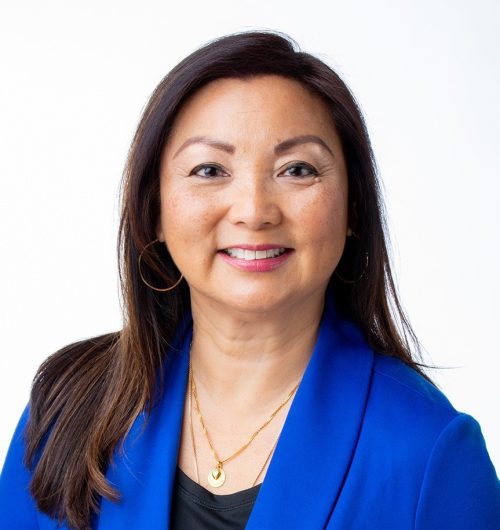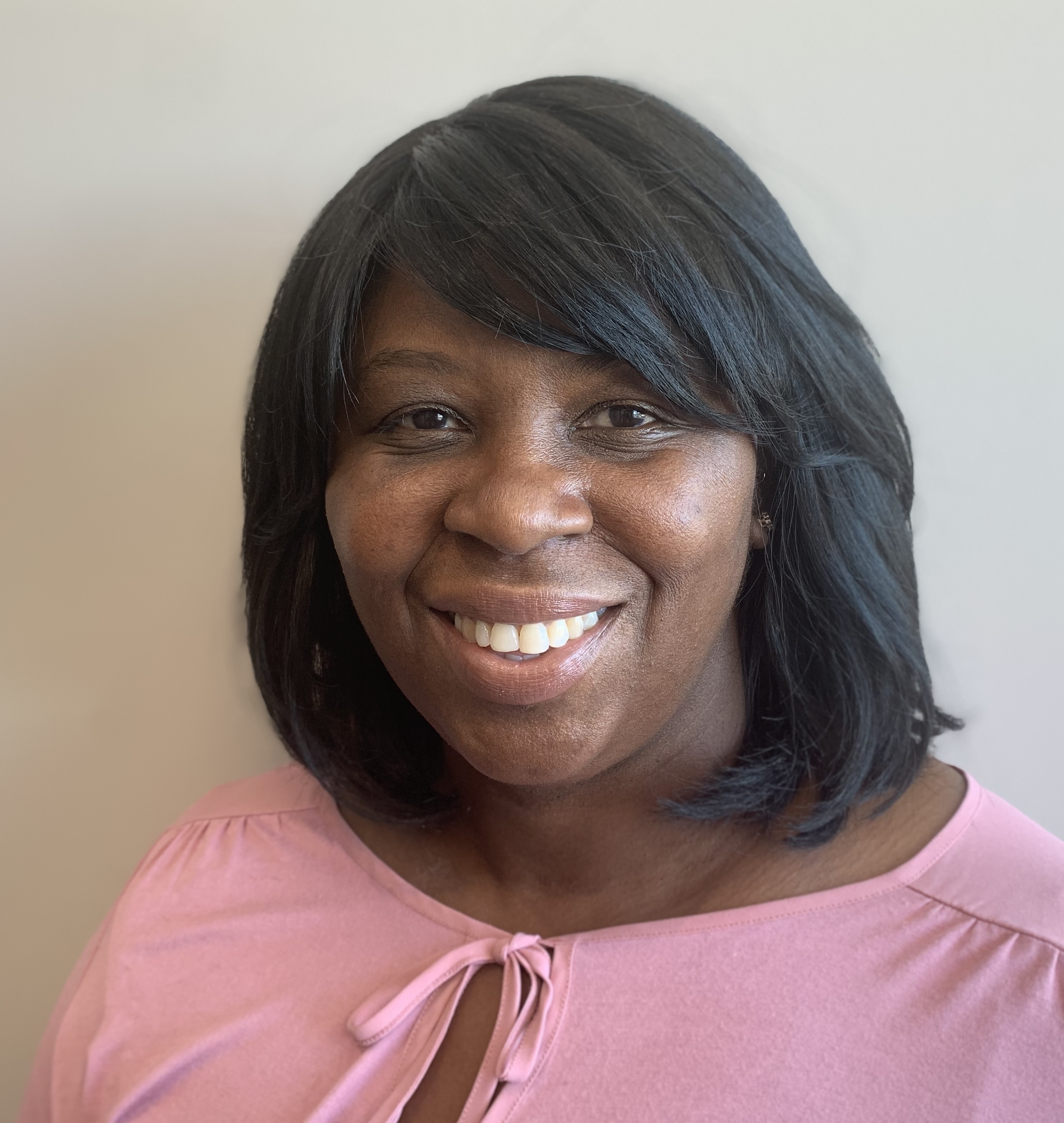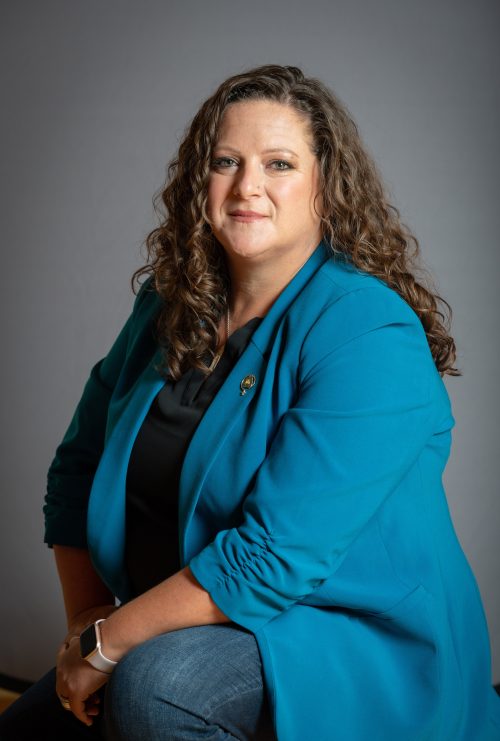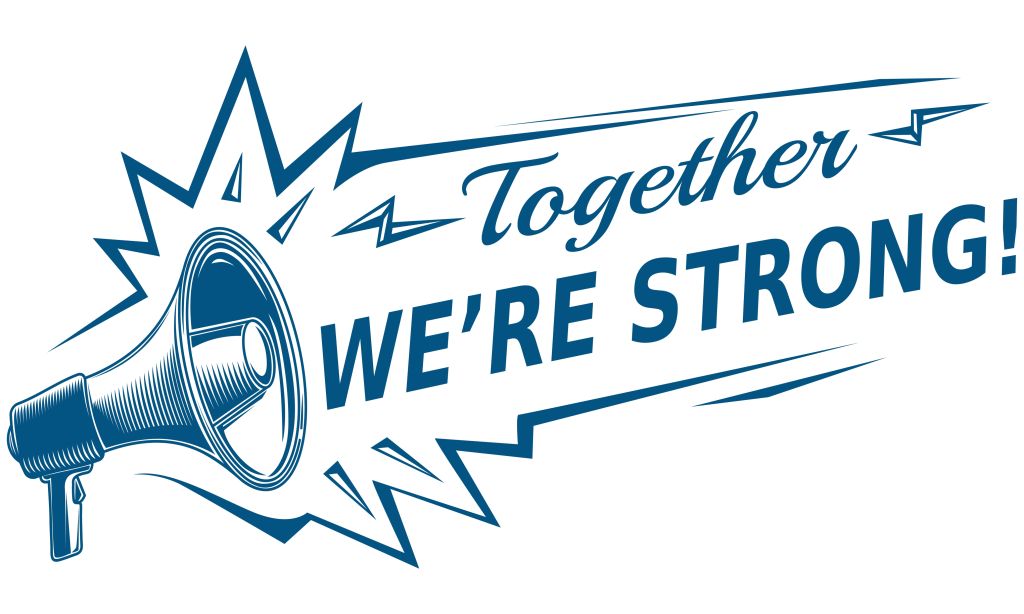Bea Bruske, president, Canadian Labour Congress

“Leadership, to me, means that we make sure we bring everyone to the table, so that we're not just taking up the space as leaders ourselves, but we're making space for a variety of different voices to be heard, and make sure that we have voices from diverse backgrounds that are being heard. I want to know from the person who's going to work every day—what is your biggest challenge? Too often, we think that we have the answers and we try to give them the answers, to say 'this is what you need.' But that doesn't bring the member along and that doesn't engage the member in political action either—which is critical to achieving what we want to achieve."
Lily Chang, secretary-treasurer, Canadian Labour Congress

“Leadership is a privilege—a privilege to be in a position to serve and speak for others. As a union leader, I must understand the needs, concerns and wishes of my members in order to champion them forward. My style of leadership is about being accessible, building relationships and trust, and doing that with engagement and communication. As a leader, I will be open to diverse opinions, work to build consensus and progress forward with my members and affiliates beside me, not behind me.”
Siobhán Vipond, executive vice-president, Canadian Labour Congress

“Union leadership is about the movement. It’s about making space and taking space. It’s really important to ensure our issues and our people are everywhere that decisions are being made. Simply, being where workers are at and showing up day in and day out. Showing up for workers and showing up for the issues. We have a diverse movement with diverse needs and that lens that needs to be present in all our work.”
Lana Payne, president, Unifor

“Workers today need unions to present a clear alternative to the current economic state of things, even if it clashes with dominant views and established political narratives. Union leadership has to build trust with its membership by listening to them, creating equitable spaces within the union for them to organize, and amplifying the voices of workers across all sectors to build a vision for a future in Canada that relies on good jobs, economic and social justice for everyone. There are no short-cuts to building worker power, and it requires a dedicated, consistent work.”
Jan Simpson, president, Canadian Union of Postal Workers

“I lead differently, working towards a more inclusive and diverse decision-making process which will impact not just our workplaces but wider society. Canadians shouldn’t have to work without benefits—like sick leave, maternity leave and holiday pay, and pay equity. Equal pay for work of equal value should be the standard. Canadians should be able to work in just, safe and sustainable workplaces for a livable wage. We’re striving to harness our collective strength for the economic, political, and social justice for everyone. I plan to do things differently by putting an equity lens on the work that we do. This means including voices from all equity groups and levels of the union in the decision-making process, respecting people’s differences, and ensuring the voices of the grassroots are at the heart of our union. Work we do has to ensure a decolonized framework.”
Jessica McCormick, president, Newfoundland and Labrador Federation of Labour

“Trade unionism is the bedrock of my values system. It's intricately woven into my entire life experience and how I see the world. From my grandfather's activism in his union, the United Mine Workers of America, to my own journey as a student activist and union activist—collective action and solidarity have shaped who I am. To me, union leadership means lifting up others. I want to bring a new, feminist, intersectional approach to union leadership. As a young woman and a member of the 2SLGBTQIA+ community, I know that in order to grow our movement, more workers need to see themselves reflected in the leadership of our unions. So many of the power structures within our society, including within the labour movement, are rooted in racist, patriarchal and heteronormative systems that often exclude and silence people, especially equity-deserving groups. Valuing organizing, activism and making space in our movements will help us transform into a more intersectional, inclusive, powerful movement for workers' rights.”
Sussanne Skidmore, president B.C. Federation of Labour

“To me, union leadership in 2023, especially in B.C., is about making the most of a remarkable moment. We have a provincial government that listens to working people. Our labour movement is united and strong. And working people are more aware than ever of the value of our labour and the power of organizing. It’s about solidarity across lines of race, sexual orientation, Indigeneity, gender identity, ability and more. It’s about reaching well outside of the organized workforce and our traditional base. Leaning into that inclusive idea of solidarity, understanding how it requires leaders to listen, seeing where it requires our movement to change.”







